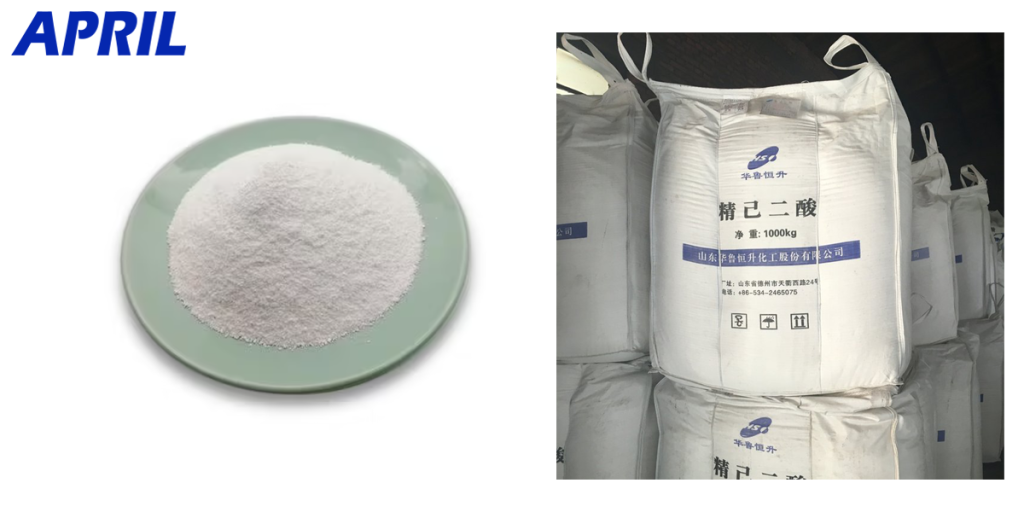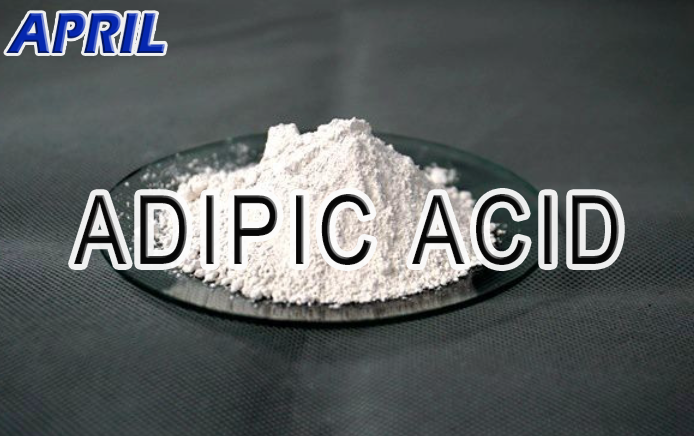
Introduction:
Adipic acid, also known as hexanedioic acid, is a white crystalline compound with the molecular formula C6H10O4. It is classified as a dicarboxylic acid and is primarily used in the production of nylon, polyurethane, and other synthetic fibers and resins. Adipic acid plays a crucial role in several industries due to its unique properties and versatile nature.
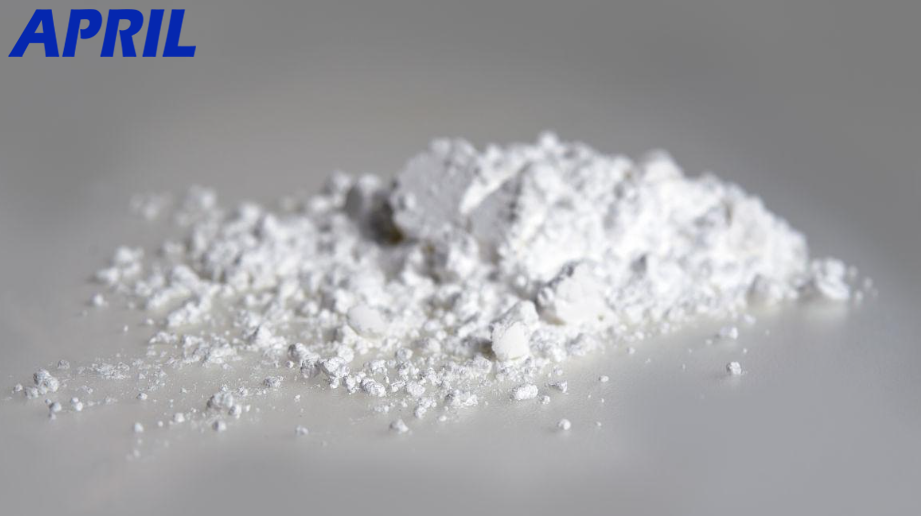
Main Applications:
Nylon Production: Adipic acid is a key component in the production of nylon 6,6, which is widely used in textiles, automotive parts, and engineering plastics. The superior strength, elasticity, and durability of nylon make it a preferred choice in various applications.
Polyurethane: Adipic acid is utilized in the production of polyurethane foams and elastomers. These materials find applications in furniture, bedding, insulation, footwear, and automotive industries, providing comfort, resilience, and thermal insulation properties.
Coatings and Adhesives: Adipic acid is employed as a precursor in the manufacture of high-performance coatings and adhesives. These products offer excellent adhesion, chemical resistance, and durability, making them suitable for architectural coatings, automotive paints, and industrial adhesives.
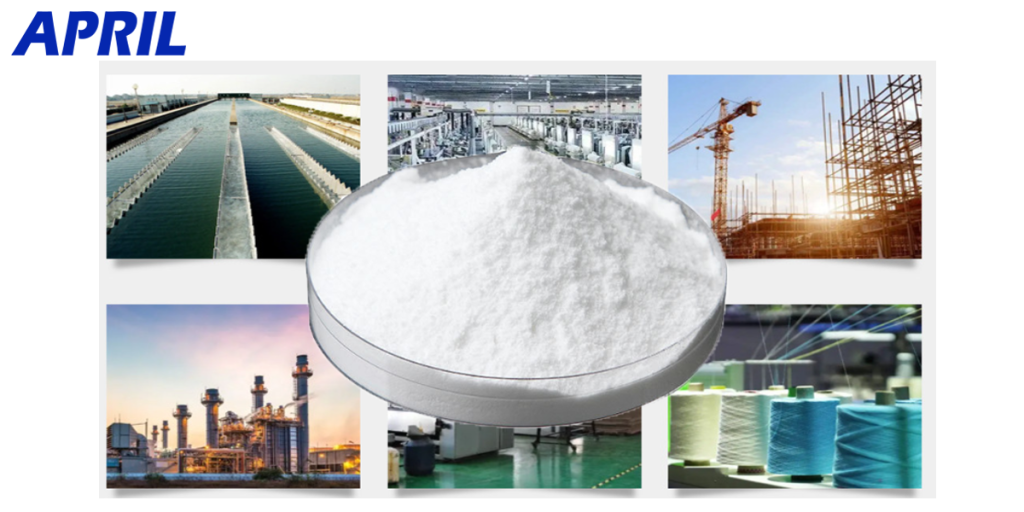
Demand:
The demand for adipic acid has been steadily increasing across the globe. Growing industrialization, infrastructure development, and consumer demand for durable and high-quality products have contributed to this trend. The textile, automotive, and construction sectors, in particular, have witnessed significant demand for adipic acid-based products.
Storage and Transportation:
Adipic acid is generally stored and transported in solid form. It is recommended to keep it in a cool, dry, and well-ventilated area, away from direct sunlight and incompatible substances. Proper packaging, labeling, and handling procedures should be followed to ensure the safety and integrity of the product.
Safety Risks:
While adipic acid is considered relatively safe when handled properly, certain precautions should be taken to mitigate potential risks. Direct contact with the skin or eyes should be avoided, and protective equipment such as gloves and goggles should be used during handling. In case of ingestion or inhalation, medical attention should be sought immediately.
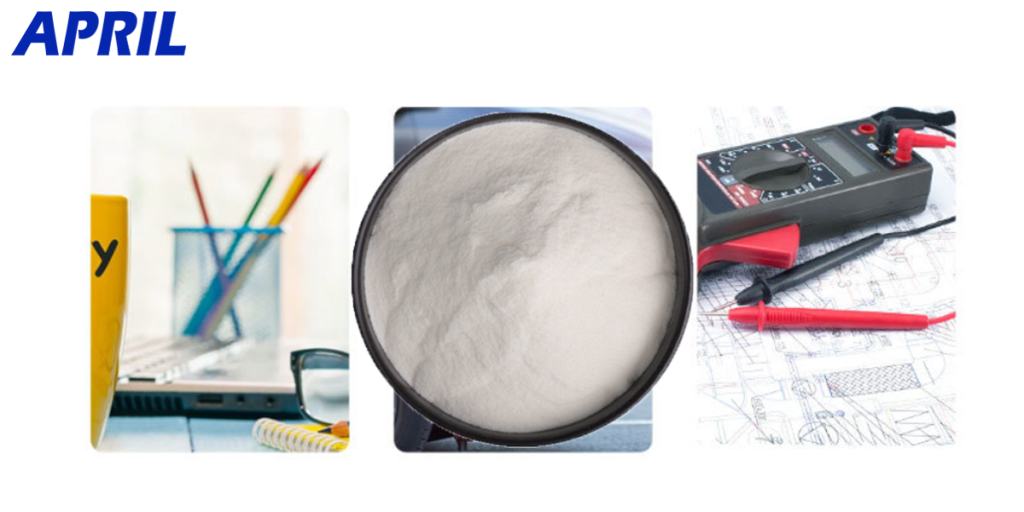
Why Choose Us:
At APRIL, we pride ourselves on providing high-quality adipic acid to meet your specific requirements. With our expertise in the chemical industry and strong supplier relationships, we ensure a reliable and consistent supply of this essential compound. Our commitment to customer satisfaction, stringent quality control measures, and competitive pricing make us the ideal partner for your adipic acid needs.
Contact us today to discuss your requirements and discover how our products and services can add value to your business. Let us be your trusted source for adipic acid and other chemical solutions.
